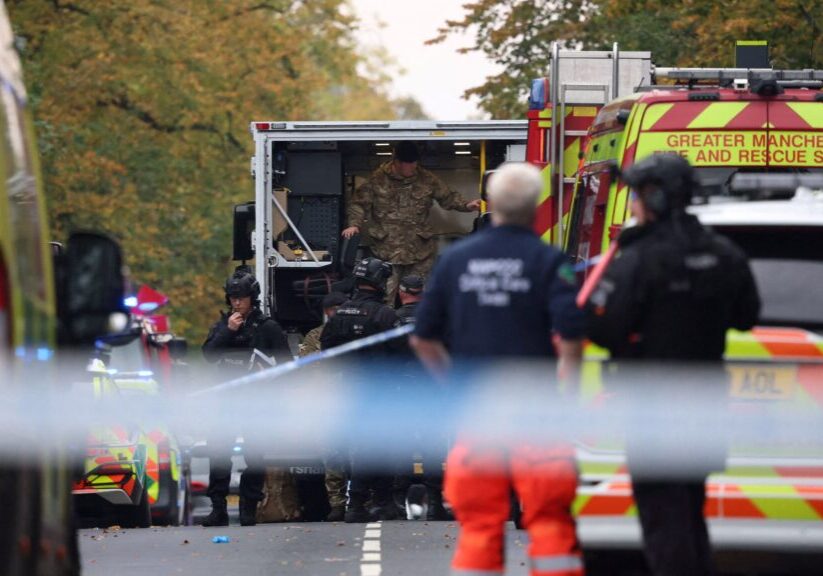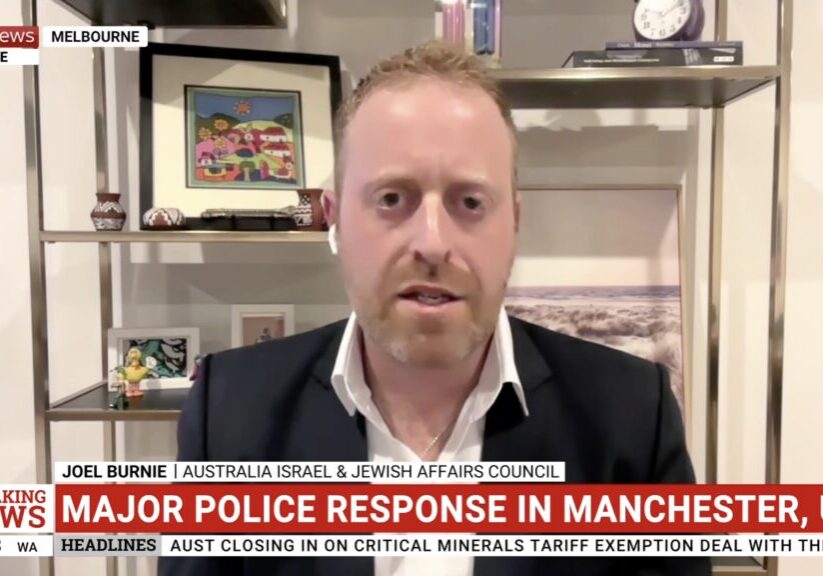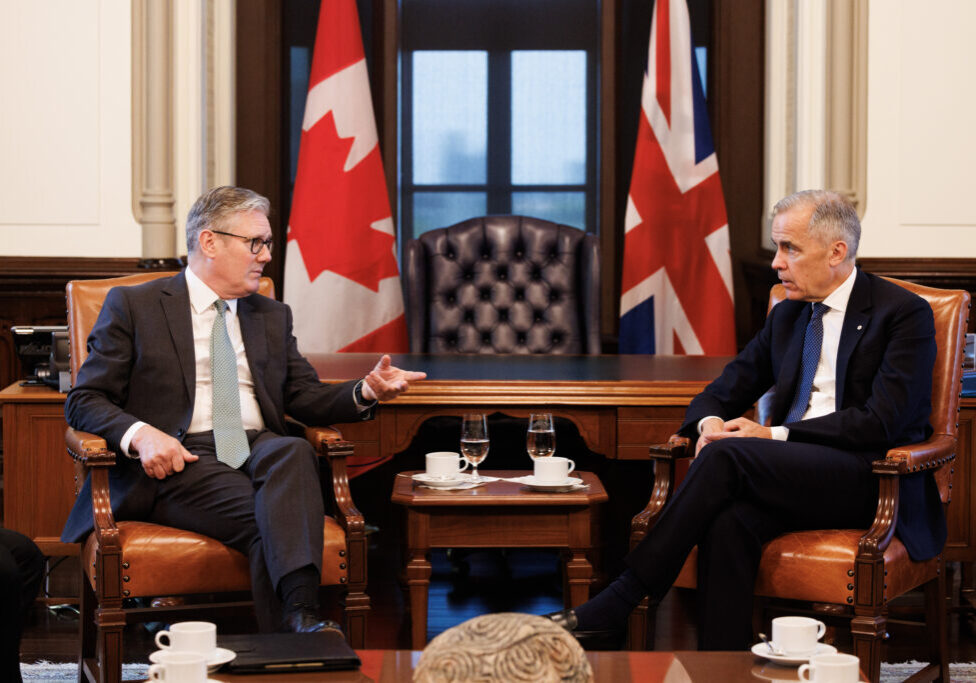Australia/Israel Review
Europa Europa: Blaired Vision
Dec 1, 2007 | Douglas Davis
Douglas Davis
BLAIRED VISION
The tectonic plates are shifting in the Middle East. Shi’ites are challenging Sunnis; Saudis are squaring up to Iranians; Iraq is drifting inexorably towards fragmentation; Lebanon is sliding back into Syria’s clutches; the Palestinians are in violent free-fall; major players in the region – galvanised by Teheran – are scrambling to acquire nuclear capability; and radical Islamism is casting a sinister pall over the entire scene.
This dangerous drift to chaos, of course, has knock-on effects far beyond the region. Europeans, like others, are already feeling those effects in prices at the petrol pumps. But economic instability may be the least of our problems – the entire Middle East could be transformed into a cockpit from which jihadist terror is launched on the democratic world.
It is against this background that the Americans are preparing to convene an international Middle East conference – they seek to lower expectations by calling it a “meeting” – to prepare the ground for a Palestinian state.
Of course, none of the potentially catastrophic problems afflicting the region has anything to do with Israel. The crises would exist even if Israel did not. Each is driven by its own lethal dynamic. But that is not the view of the Europeans – and, increasingly, the Americans.
According to the bizarre logic rapidly gaining traction within the international community, the root cause of the gathering menace in the Middle East – and elsewhere in the world – is Israel. And the arch-proponent of this view is none other than former British PM Tony Blair, who believes that satisfying Palestinian national aspirations is “the key issue facing the world.” That is the vision that is driving the various players to Annapolis.
Of course, Tony Blair is not a malevolent Israel-hater. He never misses an opportunity to robustly defend Israel’s right to a secure existence – alongside a viable, independent Palestinian state. Nor is he a lily-livered liberal. He was, after all, the most muscular European supporter of the American-led Iraq war and the most morally unequivocal over the war on terrorism.
Blair does indeed believe that jihadi terrorism is an unqualified blight on the democratic world. He has forcefully expressed his abhorrence of the death cult inherent in this “evil ideology” and he is in no doubt that al-Qaeda is dedicated to the unfettered, mass murder of innocents. Nothing, he declares, can excuse or explain such actions. All possible resources must be dedicated to defeating their ambitions.
So far so good. But strip away the heavily lacquered veneer and you uncover a worrying codicil to all this tough talk. Whatever the West achieves in the war on terror, he says, jihadi terrorism will never be defeated as long as the Palestinian issue is left unresolved. The logical conclusion is that Israel carries the can.
This analysis also effectively sets Israel apart from the community of nations, for implicit in Blair’s message is that Islamist attacks on Israel are qualitatively different from attacks on New York, Washington, London and Madrid – not to mention a slew of cities in Africa, Asia, South America and the Middle East itself. Attacks on Israel have a political intention; attacks on other states are simply the product of an “evil ideology”.
Under normal circumstances, the view of a former British prime minister would hardly be considered relevant, but Tony Blair is no clapped-out politician. He contrived to move seamlessly from Downing Street into the role of pointman for the Quartet – the United States, the United Nations, Russia, and the European Union – in their collective determination to resolve the Israeli-Palestinian dispute. He still speaks with a loud voice and he carries a big stick.
More important, perhaps, Blair appears to have achieved a pervasive influence in Washington. His view that resolving the Palestinian issue is the key to drawing the teeth of jihadist international terrorism was taken up by the Baker-Hamilton Report – and now by Condoleezza Rice’s State Department, too.
Despite his heart-rending expressions of concern for Israel’s security, there is an element of cynicism in Blair’s sentiments. There is no doubt an altruistic motive in his quest for Middle East peace, but there is also opportunism.
Blair is determined to act as midwife – or, at least, assistant midwife – in the birth of Palestine. He is still striving for a historic legacy – and he wants that legacy to be written in Jerusalem, not Baghdad. Just as important, perhaps, Blair wants to burnish his European credentials as a prelude to achieving his next ambition: President of the European Union.
Blair’s analysis – widely shared in Europe and now, apparently, in Washington, too – is fraught with danger, not least because it is predicated on the deeply mistaken belief that the creation of a Palestinian state will somehow placate the jihadists.
Based on recent experience, Palestine is most likely to provide yet another fundamentalist swamp which breeds and nurtures Islamist extremism. Nor are Hamas leaders hiding their ambitions. A senior Hamas leader, Mahmoud al-Zahar, last month warned fellow Palestinians of the consequences of a deal with Israel: “We say to those in the West Bank – take a lesson from what happened in Gaza… If Israel quits the West Bank, Hamas will take it over.”
The road to Annapolis, ironically, could lead directly to a resumption of all-out violence which will scar Israel – and to the destruction of the Palestinian ideal.
![]()
Tags: Europe, United Kingdom






